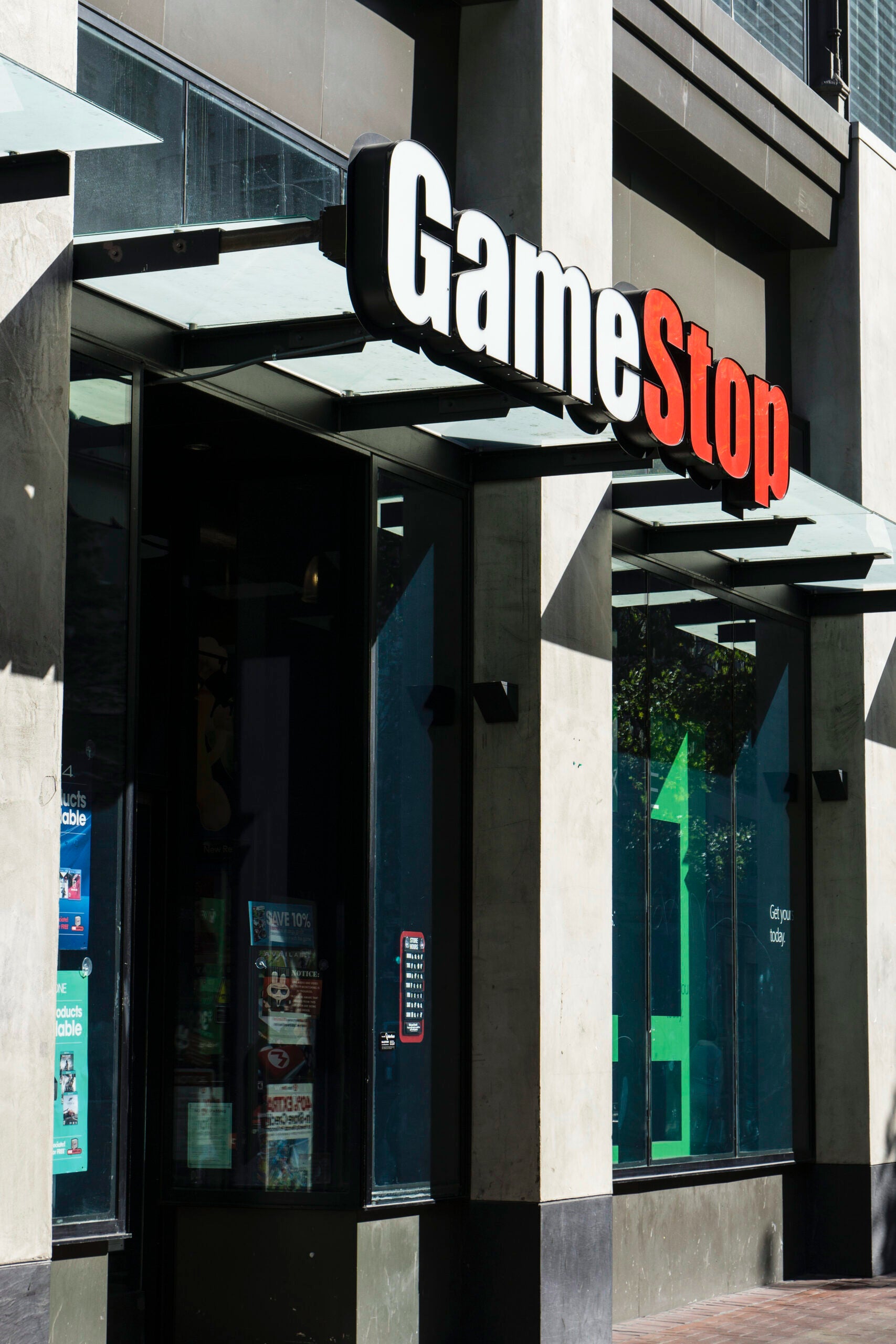Late last week, Wall Street erupted in chaos when a group of retail investors strategized via a Reddit forum to create a surge in valuation for a small handful of middling stocks. Recognizing that short sellers were heavily invested in these companies, the group rallied to buy up the stocks, squeeze the short sellers, and attempt to find their own fortune.
Short sellers identify stocks they think will decrease in valuation, and borrow shares of these stocks primarily from brokers. They then quickly sell them back into the market, betting that the value will continue to fall, so they can buy the stocks back at an even lower rate, return them to the broker, and net a profit. When a stock’s value increases, however, the short seller risks a sizable loss, which is what happened in this case.

The flashpoint centered around GameStop, the brick-and-mortar retailer whose primary business has been selling video games. The company had seen its stock pricing falling over the past year and had closed more than 800 stores since 2019 as gamers shifted toward digital downloads in lieu of purchasing physical copies.
An astronomical surge in GameStop’s valuation seemed near impossible, but when redditor’s sent the stock “to the moon,” a phrase commonly shared on social media, Wall Street — and the world — took notice. In a recent email interview, Harvard Law School Professor Jesse Fried ’92, a leading expert in executive compensation and venture capital, helps make sense of what happened and points to the events’ potential long-term implications for the practice of short-selling.
Harvard Law Today: This past week, retail investors organized on social media, acting together to drive up GameStop’s stock valuation and launch a targeted attack against hedge funds that were trying to short the stock. Are these actions legal? What made the GameStop stock such a prime target?
Jesse Fried: GameStop was targeted because short interest was very high, making its short sellers a particularly juicy target. Using message boards to encourage mass buying to squeeze short sellers is unlikely to be illegal, absent deception. The SEC is investigating and may uncover illegal manipulation. For example, the SEC might find persons who lied to encourage crowd buying so that these persons could sell stock at a higher price. But even if the SEC is able to identify instances of such behavior, most of the stock price movements seemed to result from purely legal activity.
HLT: Have there been similar efforts before or is this largely Reddit-grown endeavor unprecedented? Should we expect to see more of this?
Fried: If it happened before, it was under most people’s radar screens. And if we see it again, I expect it to be somewhat more muted. GameStop’s price will eventually fall back to earth, inflicting losses on those retail investors who bought shares at inflated prices, and enriching the short sellers who kept their positions. Next time around, it will be harder to mobilize amateur investors to buy shares of a shorted firm. Plus, I expect there to be less short-selling, so there will be fewer heavily shorted firms.
HLT: In the wake of the chaos caused in the market — first with the GameStop stock and then subsequent others like AMC and Blackberry — there has been talk about introducing more regulations to inoculate against similar actions moving forward. Is this realistic? Do you anticipate any new regulatory reforms or laws being derived from this situation?
Fried: It’s just amateur investors choosing to battle shorts, with losses and gains on both sides. I don’t see why any new regulation is needed here.
HLT: Will this have long-term implications on the practice of shorting stocks? Is it something that should be addressed and regulated more?
Fried: My concern is that GameStop will harm retail investors by reducing short-selling in the market. Short sellers are widely hated, but they actually protect unsophisticated market participants. They research firms that appear to be fraudulent or extremely overvalued. When they find a problem, they short the firm and share their findings with investors and regulators, hoping to profit from a price decline. Short sellers are not always right, and sometimes engage in abusive tactics. But their investigation and trading reduce the likelihood that retail investors will buy overpriced stock from opportunistic corporate insiders and their firms. Short sellers also indirectly protect investors in index funds, which mechanically buy stock at whatever price it trades.
Short-selling has always been a tough business, because short sellers must pay fees to borrow shares to sell and the risk of loss is theoretically unlimited. Since returns have tended to be low, and the strategy has attracted little capital, there has probably been too little short-selling in the market.
After GameStop, short sellers now face a new risk: that a Reddit mob will decide, just for the fun of it, to pile into an overpriced stock and send the shares to the moon. That’s why famed short seller Citron Research is giving up on that strategy. Its exit is a harbinger of things to come, and we can expect short-selling to decline. Markets will become less safe. Retail investors will be exposed to greater risk of fraud and losses from the purchase of overpriced stock.
HLT: On the retail investors’ side, there appears to be a sizable number of novice investors who have been emboldened and enabled through these stock trader apps. Is there concern about who is using these apps? Is there anything inherently predatory in that business model?
Fried: The stock market is up over 50% since the COVID crash last year, making many individual investors overconfident and prone to excessive and speculative trading. Apps that “gameify” investing add fuel to the fire. But I don’t think the business model is “predatory” in the sense of requiring regulation.
